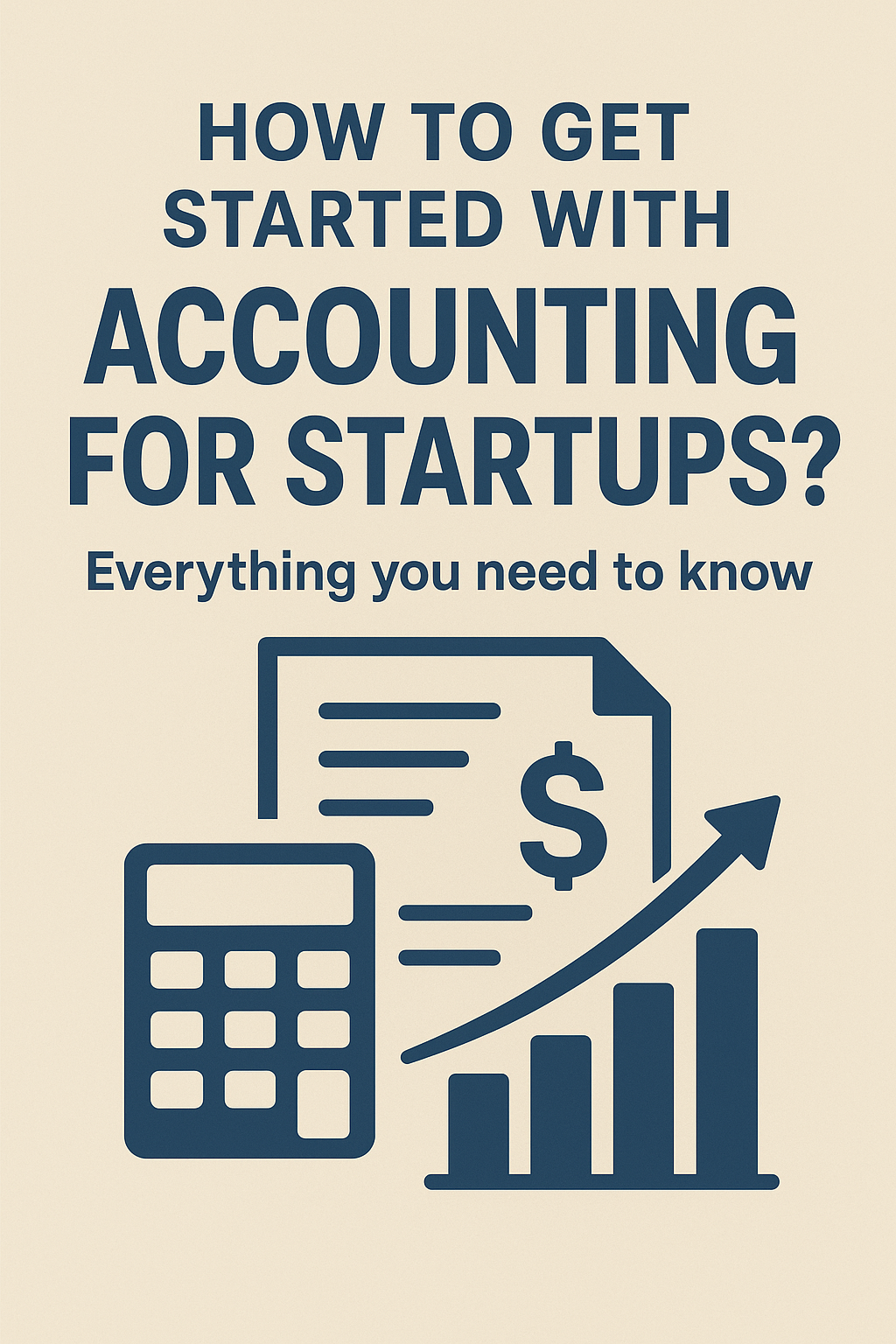The early stages of a business can be very predictable, with every little thing at risk, and this is where proper and accurate accounting can assist you in gaining financial clarity for your business. By carefully tracking all your expenses, liabilities, and assets, you can make smart choices for your business regarding its growth and investments.
Startups can show investors that their business is reliable and is stable enough for constant growth with the use of detailed financial records. However, accounting is also complex for many people, as it is a strategic tool. Now, if you are not sure how you can get started with accounting and bookkeeping for startups, then this guide will provide you with the basic information that you need to know about accounting for any new business.
What are the accounting basics every business should regularly track?
As a new business, there are certain things that every business should track regularly if it wishes to maintain accurate financial records.
- Bank and Credit Card Statements – These statements should be reconciled and matched regularly, as they allow you to easily pick up on any errors or discrepancies.
- Income and expenses – It is imperative for accounting startups to track the inflow (money coming in) and outflow (money going out) of your business.
- Invoices and receipts – It is also quite important to maintain a record of all the invoices that you send out and the payment receipts that you receive.
- Payroll Records – If your business has employees, then you should also keep a track of their wages, taxes, and other benefits that you give them.
- Assets and Liabilities – Keep a proper list of all the assets and liabilities of your startup, as this will provide you with a proper understanding of your financial position.
How can you start accounting for a new business?
To understand accounting for startup costs, you should first know how you can get started with accounting for your new business.
- Separate your business and personal finances: Establish a distinct bank account and credit card solely for your business transactions. This approach significantly facilitates the tracking of income and expenses, while also streamlining tax preparation.
- 2Select an accounting method: Decide between cash accounting – which logs income upon receipt and expenses upon payment – or accrual accounting, which records income when earned and expenses when incurred. You should pick the methods that align better with the needs of your business.
- Establish a chart of accounts: Develop a list of categories for your income and expenses, such as “Sales”, “Rent”, or “Salaries”. This aids in organizing your financial data and producing reports.
- Monitor income and expenses: Document every transaction, regardless of its size. Utilize accounting software or a spreadsheet to maintain organization. Ensure that each transaction is accurately categorized in your chart of accounts.
- Reconcile bank statements: Frequently compare your bank statements with your accounting records to identify any discrepancies and confirm that everything aligns.
- Prepare all financial statements: Once you have everything with you, you can start preparing the different financial statements that your business needs, such as the income statement, the balance sheet, and the cash flow statement.
This is how you can start with accounting for your new business, whether it is small or big.
visit us: accountinglads.com










